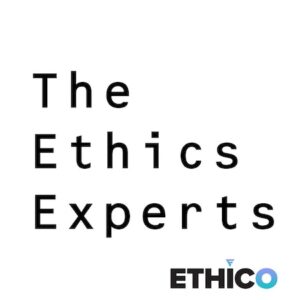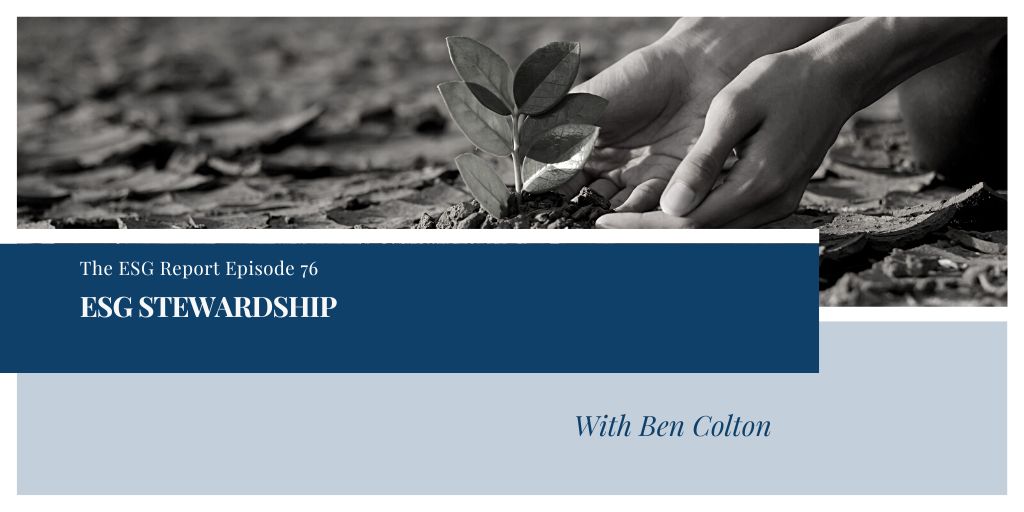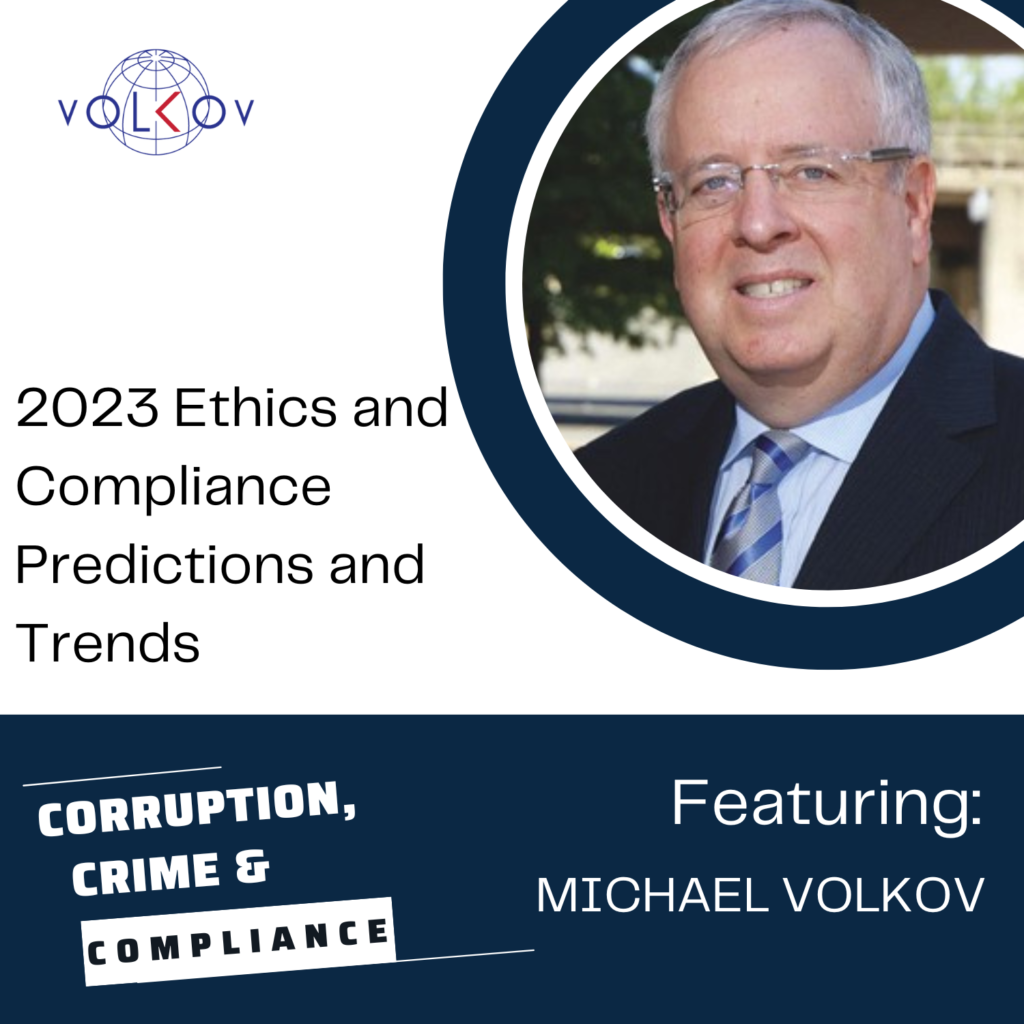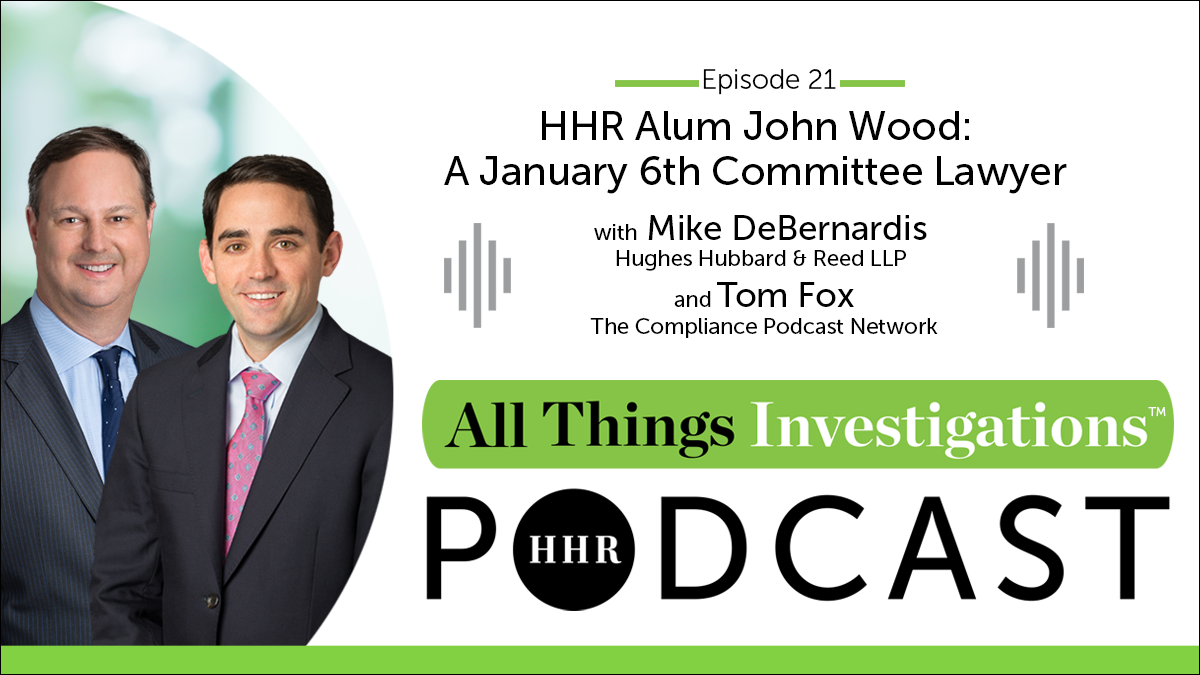Bribery built into the fabric of Chinese healthcare system”, reporters Jamil Anderlini and Tom Mitchell wrote about the ‘nuts and bolts of how bribery occurs in the healthcare industry in China. The authors quoted Shaun Rein, a Shanghai-based consultant and author of “The End of Cheap China,” for the following “This is a systemic problem, and foreign pharmaceutical companies are in a conundrum. If they want to grow in China, they must give bribes. It’s not a choice because officials in the health ministry, hospital administrators, and doctors demand it.”
It would be reasonable to expect that internal controls over gifts would be designed to ensure that all gifts satisfy the required criteria, as defined and interpreted in Company policies. It should fall to a Compliance Officer to finalize and approve a definition of permissible and non-permissible gifts, travel, and entertainment, and internal controls will follow from such definition or criteria set by the company. These criteria would include the amount of the spend, localized down into increased risk, such as the higher risk recognized in China. Within this context, there are four general internal controls to consider.
Three Key Takeaways:
- GSK in China continues to be an example of the lack of internal controls for an effective compliance program.
- General areas of review for internal compliance controls.
- Third parties are still at the highest risk of corruption-related issues.
For more information on how to build out a best practices compliance program, including internal controls, check out The Compliance Handbook, 3rd edition.









